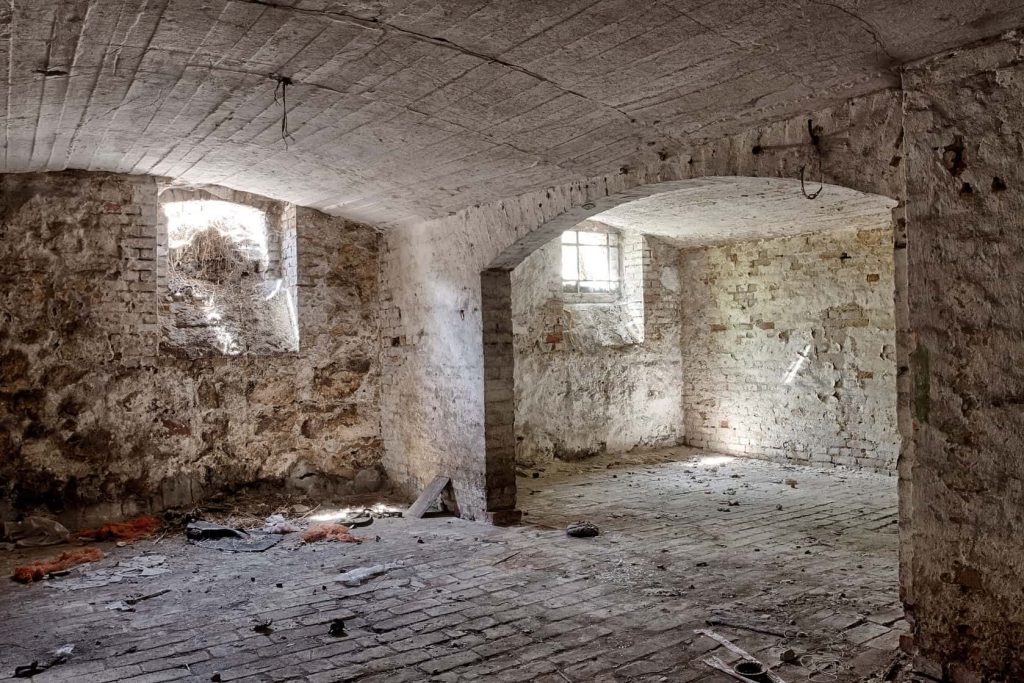Advantages and limitations of real estate agencies
Some individuals systematically turn to private selling to avoid agency fees. However, it is good to understand that the real estate agency brings real added value when selling a house or apartment.
But before calling a real estate agent, it is interesting to weigh the pros and cons:
Selling with a real estate agency: what are the advantages?
If the real estate agency bears the costs (which are often borne by the buyer), don’t forget that selling a house is a real job.
Therefore, using a real estate agency to sell a house offers various advantages :
The real estate agent advises you on the right price of your property thanks to his knowledge of the market https://www.webuyhousesinwichitaks.com/we-buy-houses-derby-ks/
It can handle the A-to-Z sale, and significantly limits the time you spend selling.
A serious and professional real estate agent will make every effort to sell your property as quickly as possible, especially if they have an exclusive mandate.

The real estate agent knows his job and avoids mistakes that could cause you to miss a sale.
It has a database of potential buyers who may be interested in your property. He can then propose them immediately, indicating the budget that his customers have.
The real estate agent knows the laws and obligations and ensures that the sale takes place legally. He also informs you about your rights and duties as a seller.
Ultimately, using an agency is ideal if you want to make sure you sell quickly . But you need to be prepared to follow the agent’s advice, particularly with regards to estimating the property price. In fact, many homeowners try to sell between individuals and lose several months to no avail before hiring a real estate agency. Namely: before signing a sales mandate, especially an exclusive sales mandate, check that your agency has a good reputation and that its customers are satisfied. In the end, using an agency to sell an apartment or house makes your life easier, provided of course you hire a professional.
If you don’t trust an intermediary to sell a house or apartment, you have the option of selling without an agency.

